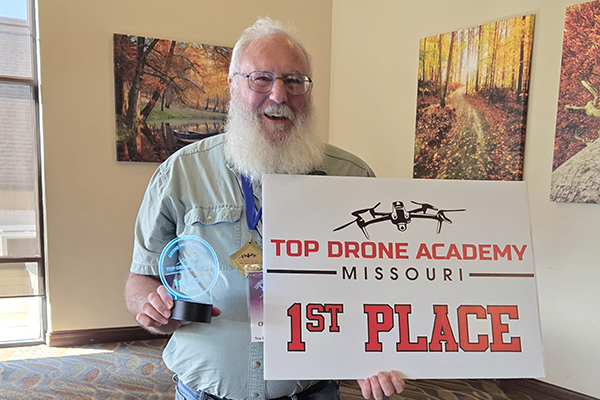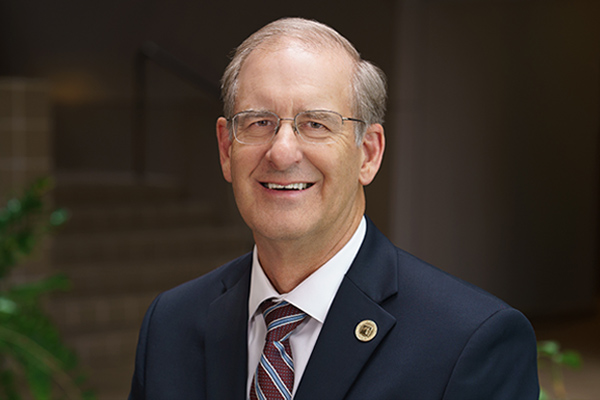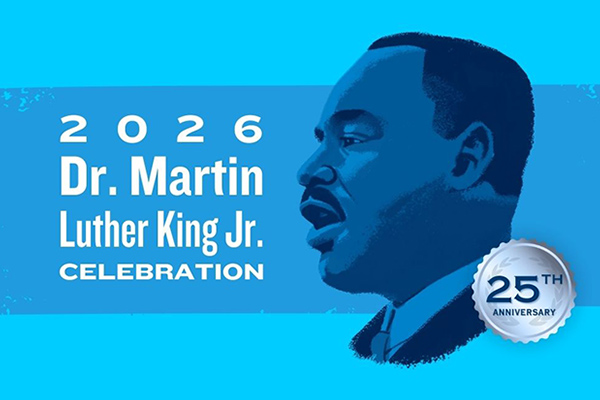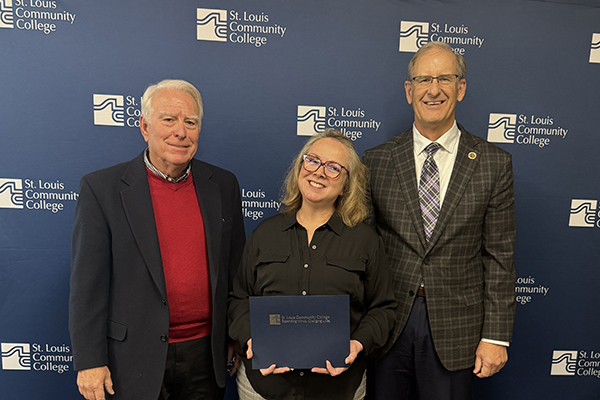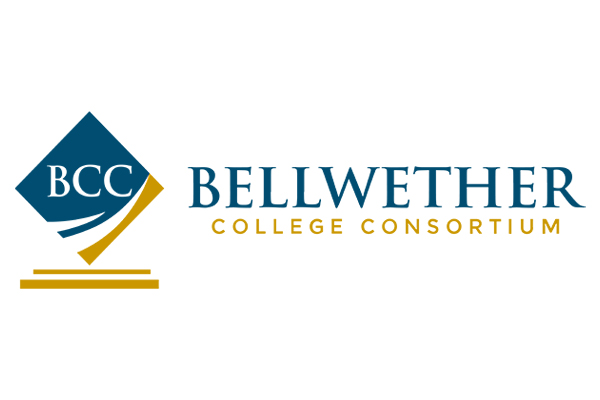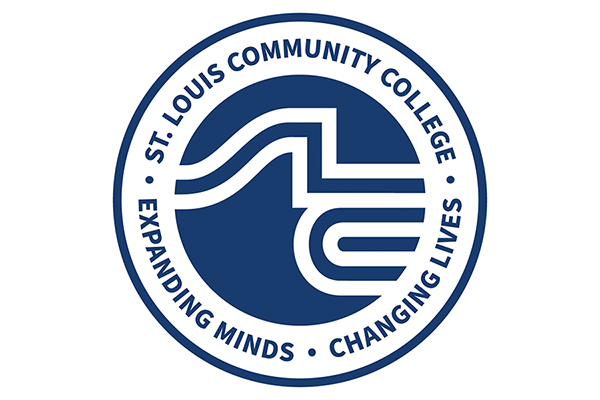Graham Sworn in as Trustee; Board Elects Officers
April 26, 2024
Posted by Board of Trustees in News Resources
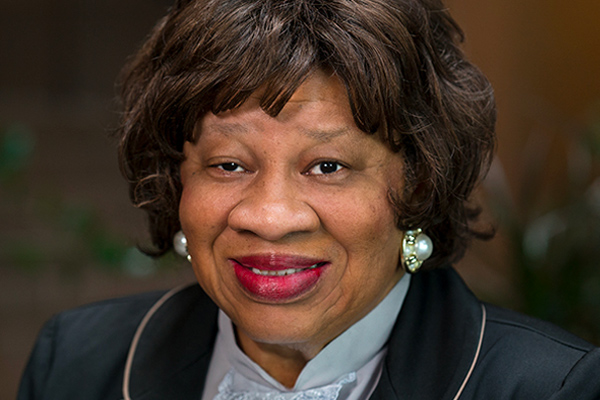
Doris Graham, PhD, was sworn in for her third term on the St. Louis Community College Board of Trustees at the April 18, 2024, regular meeting.
Graham, a Subdistrict 1 representative, retained her seat on the board in the April 2 election. She captured 12,713 votes to defeat Clem Smith (6,704), Theo Brown Sr. (3,601) and Cortez Harris (2,561).
Also at that meeting, the seven trustees elected Kevin M. Martin, EdD, as the board chair and Rodney Gee as vice chair.
Martin was elected to the STLCC Board of Trustees in 2017, and has served two previous terms as board chair. He is a middle school principal in the Parkway School District. He previously served as the assistant principal of curriculum and instruction at Hazelwood Northwest Middle School.
Geewas appointed to the STLCC board in 2016 by the Missouri Coordinating Board for Higher Education. He was reappointed for a six-year term in 2022. Gee is a retired partner from Edward Jones Inc., where he worked in human resources for 14 years. He also held administrative positions in sales, marketing, strategy and human resources with Monsanto, Motorola and Southwestern Bell.
About the St. Louis Community College Board of Trustees
The STLCC Board of Trustees consists of seven members who represents the four subdistricts
of the College service area. Subdistricts 1 and 4 are the two large subdistricts,
each represented by two trustees. Subdistricts 2 and 3 are smaller, each represented
by one trustee. The Missouri Coordinating Board for Higher Education appoints one
trustee. District voters elect board members periodically for six-year terms.
The board is responsible for determining the policies of the College within the legal framework established by statutes of the state of Missouri. The board makes all final decisions concerning employment, termination of services, expenditure of funds, contracts, establishment of new programs, student fees, tax levies and construction of facilities. Regular board meetings are open to the public.
